


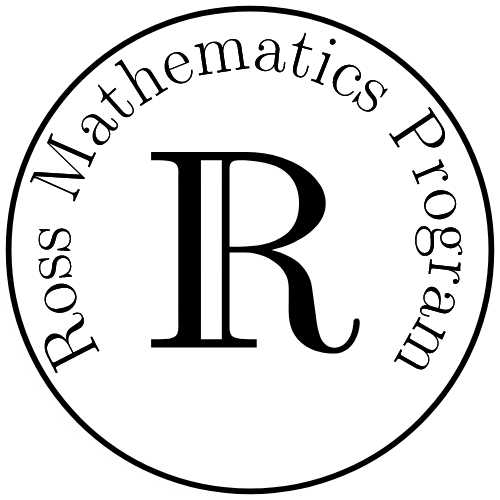


 Official Transcript
Official Transcript  Several Essays
Several Essays .svg) Personal Statement
Personal Statement  Work Sample
Work Sample  1 Recommendation
1 Recommendation  English Test
English Test  Online Application From
Online Application From  Parent/Guardian Consent
Parent/Guardian Consent  Resume *
Resume *



Application is closed


Ross is a six-week, residential, summer session for high school students who are talented in mathematics, well prepared in standard high school math topics, and eager to explore more advanced ideas.
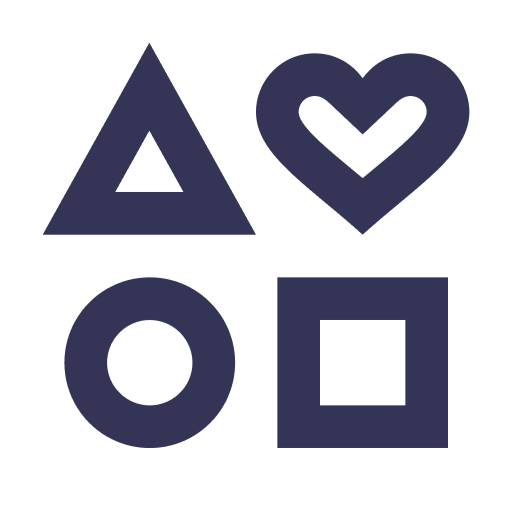 Non-credit
Non-credit
 Residential
Residential
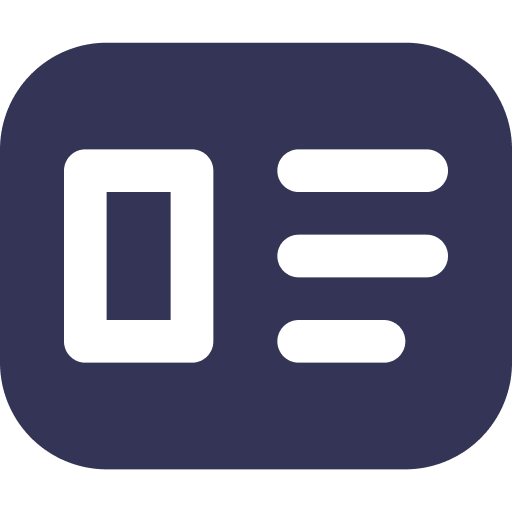 Accepts International Students
Accepts International Students
Our central goal has always been to instruct bright young students in the art of mathematical thinking and to inspire them to discover for themselves that abstract ideas are valuable and important. First year participants take the basic course in number theory. For most students, this is the first time they are asked to consider entirely new questions, to develop methods that they have not seen before, and to justify every answer.
The value of a mathematics education lies not only in obtaining proficiency in computational tasks, but also in building a foundation for critical thinking. Students who have never asked why things work the way they do are not prepared to lead the way to future scientific innovation. It is precisely this independence of thought and questioning attitude that the Ross Program strives to nurture.
The term begins with investigations of topics involving prime numbers and modular arithmetic. Participants observe curious numerical properties and search for satisfactory explanations of them. Starting from a list of “axioms”, they learn how to write proofs that are rigorous and complete. Even the simplest of those proofs might become important later in the term, when similar ideas are investigated in other contexts.
After examining concrete numerical examples, students identify patterns and then formulate general algebraic statements that include those numerical examples as special cases. They work to prove that those statements are true, and then use those proofs to help explain new observations. Eventually they encounter versions of the original questions in other contexts and begin to appreciate them from a deeper perspective. Some of these investigations lead to significant insights into the structure of number systems and the underpinnings of algebraic formalism. By considering simply stated questions from several directions, participants attain some understanding of how professional mathematicians and scientists work: gathering data, looking for patterns and analogies, making conjectures, and finally testing and proving those conjectures.
Students should expect to get deeply involved in intensive, mathematical work. Although formal classes take up only eight hours per week, Ross participants work hard during the many hours of unstructured time. They think about the many mathematical problems, and struggle with the difficulties. After a lot of effort they finally develop methods of thought that will prove useful in many aspects of their scientific lives.
The 2023 Ross/USA Program will have in-person, six-week, residential sessions at two locations:
at Otterbein University in Columbus; Ohio:
June 11 (Sun) through July 21, 2023.
at Rose-Hulman Institute of Technology in Terre Haute, Indiana:
June 18 (Sun) through July 28, 2023.
All participants will live in a dormitory on campus.
Plans for Ross/Asia have been cancelled, but it is hoped that Ross/Asia will run in 2024.
Participants in this six-week summer course attend class for ten hours per week (five in lecture and five in small-group meetings). Apart from those classes, students structure their own time, with the understanding that they will spend many hours concentrating on the challenging mathematical ideas presented in class and on the problem sets.
After solving a problem, students are asked to write clear and accurate proofs of all their assertions. This practice with logical thinking and experience in mathematical writing will be of great use in abstract science and mathematics courses taken in college.
Students proceed at various paces through the problem sets. In fact, few students are able to master all the ideas and techniques the first time they see them. The Ross counselors strive to build a “community of scholars” in the dormitory, encouraging everyone to work on these challenging mathematical ideas, to share their ideas and insights, and to experience the joy of solving a difficult problem.
Mathematical ideas presented in the Ross Program are investigated with pencil and paper. Students are NOT allowed to bring computers, electronic tablets, TV sets, video game systems, DVD players, etc. We ask students to refrain from using their smart phones, and to avoid borrowing computers for internet searches, surfing websites, checking social media, computing, or playing games.
Typically, students live with three roommates in a small suite of rooms.
The dormitories and classroom buildings are air-conditioned. Each participant uses a single bed, a desk, a chair, and some closet space, and is provided two sheets, a pillowcase, and a blanket. Students provide their own towels and washcloths, pillows, clothes hangers, shampoo, soap and other personal items. Since towels and pillows are bulky to carry, staff members will take students to stores where those items can be purchased at fairly low costs. All students must remain inside the dormitory after dark and must not leave the campus at any time unless accompanied by a counselor. Student fees include the cost of three meals per day at the campus cafeteria. Upon request, the cafeteria can provide foods for students who are on restrictive diets.
Some foods (e.g. pizza) can be ordered from nearby restaurants and delivered to the dorm.
Ambitious pre-college students with interests in mathematics and science are invited to apply. First-year students range in age from 15 to 18 years old. (In rare cases, younger or older students are accepted.) Admission decisions are based on several criteria, including: school transcripts; teacher recommendations; essays concerning the applicant’s interests and goals; and the applicant’s work on some challenging math problems.
 Official Transcript
Official Transcript
 Several Essays
Several Essays
.svg) Personal Statement
Personal Statement
 Work Sample
Work Sample
 1 Recommendation
1 Recommendation
 English Test
English Test
 Online Application From
Online Application From
 Parent/Guardian Consent
Parent/Guardian Consent
 Resume *
Resume *
1-Online Application From
2-Personal Statement
This essay serves as your introduction to the Admissions Committee, and provides an opportunity for you to discuss your interest in mathematics and your goals for your participation in the Ross Program. For your Personal Statement, please write one essay discussing the following questions and related topics.
You may type (or copy and paste) the essay into the textbox below, or you may upload a PDF version of your essay.
What aspect of mathematics draws your interest and attention? Are you interested in math for its own sake? For the thrill of solving puzzling problems? Or because math has important applications to other fields?
Do you have some strong academic interests in addition to math? For instance, are you intensively studying physics? Or economics? Are you serious about Chinese literature, paleontology, or modern dance?
What do you hope to gain by attending this challenging summer program?
How do you like to spend your time?
What are your hobbies or interests outside of school?
3-Short essays
Please respond to each of the prompts below. There is no prescribed word count limit.
Upload your essay responses
Optionally, instead of entering your responses below, you may upload your responses as a PDF.
Projects
Have you worked on some interesting mathematical projects? If so, what were the topics? For the project you enjoyed the most: How much time did you spend on it? Were you working alone, guided by a mentor, or as part of a team? What benefits do you feel you gained from doing that work?
Competitions
Have you recently participated in some math competitions? Which ones? Did you do well on them? Do you feel that the process of preparing for math competitions to be more interesting and worthwhile than the math courses you have taken in high school or in other venues?
Other programs
Have you participated in academic programs outside of school? This might include another summer math camp, a local Math Club, or a Math Circle at some nearby college. What sorts of activities were involved? Did you enjoy those experiences? Were the programs online or were they in-person?
Books and websites
What have you read recently about mathematics? Which math books are your favorites? What parts of them were most enjoyable or interesting to you? What interesting mathematical websites have you visited in the past year? What aspects of math have you learned by reading the material on those sites?
Future goals
What do you plan to major in at college? What are your career goals? Do you feel “driven” toward one type of work? (Like an academic career in math, astronomy, or economics? Or a career in finance? etc.) Or will you take a variety of courses in college and see what areas seem most interesting?
Collaboration
When you work on hard math problems do you usually work alone? Or with a group of friends? Reminder: when you work on the Ross Application Problems, please be sure to work by yourself.
Other coursework
Have you taken math courses outside of the standard high school curriculum? Those courses could have been at a local college, in a residential math program, from an educational website, etc.
Being away from home
Are you eager to spend many weeks away from home, with with no distractions from non-mathematical activities, focusing all of your energies on one narrow area of mathematics? Ross students live in a college dormitory, with no access to televisions or electronic games. Most of their waking hours are spent working on challenging math problems. Does this intensity and focus appeal to you?
4-Solutions
Work on the 2023 Application Problems which you can find at https://rossprogram.org/students/application-problems.pdf. Upload your carefully written solutions to those problems.
The solution to each problem must be uploaded as a separate PDF.
Use the PDF file format.
The Admissions Committee is not looking for quick answers written in minimal space, but rather for readable mathematical expositions that includes evidence of your explorations, conjectures, and proofs.
5-Transcript
Upload your high school transcript(s). These should be copies of official school documents, stating all courses taken during your high school career, and grades earned in those courses. (We do not need certified copies sent directly from the school.) You may include college transcripts as well, if you have taken some college courses.
6-Recommendation Letter
Arrange for a mathematics teacher who knows you well to provide a recommendation letter. After you share your teacher's email with us, instructions will be sent to that address, asking your teacher to submit the letter directly to us. Applicants are allowed to submit more than one letter of recommendation, if different information will be provided in those additional letters.
7-Optional attachments
You may optionally upload a curriculum vitae, a résumé, or any other documents which would help the Admissions Committee understand your accomplishments. Please use PDF format for all uploaded documents.
Deadline
The Admissions Committee will begin reading applications on April 1, 2023. Complete and submit your application before the end of March.The Admissions Committee might not read applications received after April 1. Admission decisions will be made later in April, and will be emailed to applicants who submitted complete applications.
 Jun 11 - Jul 21
Jun 11 - Jul 21
 6 weeks
6 weeks
 Jun 18 - Jul 28
Jun 18 - Jul 28
 6 weeks
6 weeks
Each Ross student is asked to pay a program fee of $6000. Those funds are used to pay for six weeks of room and board, to hire instructors and counselors, and to cover incidental costs of developing and running math courses.
Financial Aid
Financial aid is available. Accepted applicants are encouraged to apply for aid if their families have some financial need. We hope to provide enough support to enable every accepted applicant to attend this great Program.
The Ross Program is able to provide scholarship support to qualified students who cannot otherwise afford to attend. Requests for support are made after a student has been accepted to the Program.
Various academic institutions in the applicant’s home city or state might also have available scholarships. In addition, some scholarship support for participation in math programs is provided by Mu Alpha Theta the national high school mathematical society. Other scholarship opportunities are offered by the Davidson Institute and the Jack Kent Cooke Foundation.




 Official Transcript
Official Transcript
 Several Essays
Several Essays
.svg) Personal Statement
Personal Statement
 Work Sample
Work Sample
 1 Recommendation
1 Recommendation
 English Test
English Test
 Online Application From
Online Application From
 Parent/Guardian Consent
Parent/Guardian Consent
 Resume *
Resume *



Application is closed

Useful Resources
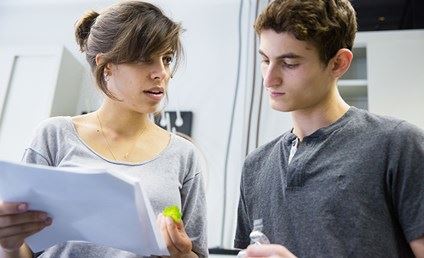





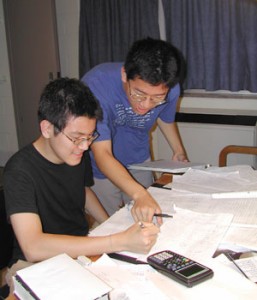
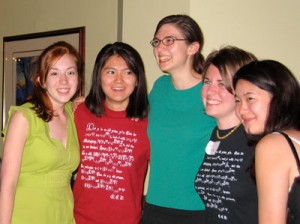
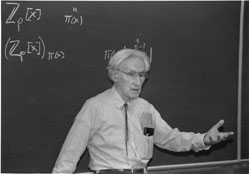
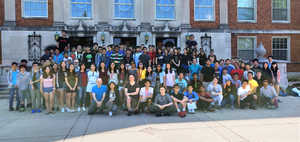
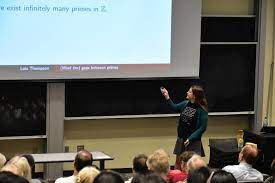
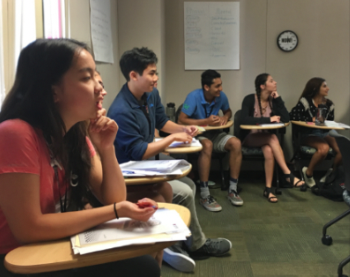




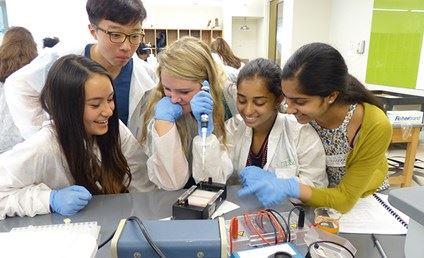

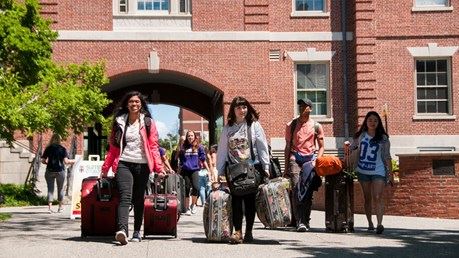

Tell us your
opinion about us